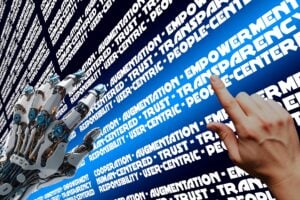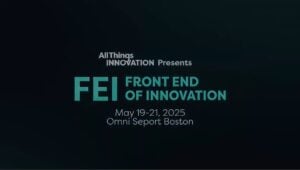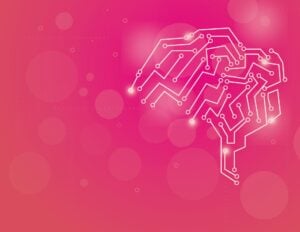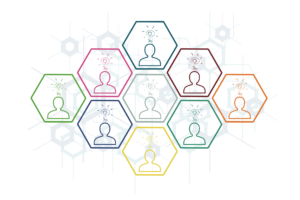All Things Innovation sat down with Michael Nevski, Director, Global Insights, Visa, at FEI 2024 to touch on insights, innovation and all points in between, as well as the panel featuring Generation Z. The “Gen Z Focus: Attaining Next Generation Intelligence,” while not a traditional focus group, presented Gen Z creators sharing their thoughts on corporate innovation—what they see currently working and what is currently turning them off.
Nevski participated in the Generation Z panel at FEI 2024. It was a fascinating panel on the Generation Z mindset and featured some accomplished Gen Z innovators along with some consumer insights professionals on the flip side. Can you share with us your thoughts about the panel?
“It was a great panel at the conference because it helps us to build and understand tangency, connect to Generation Z, understand their psychology, and what motivates them and drives them on a daily and weekly basis,” says Nevski.
He adds, “I think this intergenerational panel was very illustrative about Gen Z’s attitude towards brands, towards innovation, towards insights, and the values they bring to the world. They want us to be supporters and kind of a conduit of that change that they’re trying to influence in the world. As we know, for the next 12 years or so, the perceived value of Gen Z is going to grow. Their purchasing power is going to grow, and how they treat companies, how they treat the environment, how they treat brands, becomes more and more important. As innovators and researchers, it’s very important for insights professionals to help our brands to connect with Gen Zer’s, and understand their drivers to be successful in the future.”
The world of insights and innovation is closely linked in the corporate environment. Perhaps now more than at any other time, because of the growth of artificial intelligence, research and development professionals can leverage insights in their initiatives.
“Absolutely,” says Nevski. “That relationship has been there for a long time, but I think nowadays it requires more skills and more understanding because to me, innovation, previously when people would say, let’s get together, let’s generate some ideas, let’s create an outcome—that just doesn’t work anymore because you need real insights to really create the innovation. When people come up with ideas, they need to be based on something. And the insights function, it’s like a neck for the hat, it identifies those white spaces, and identifies those actionable insights. This kind of interchange or cooperation of innovation and insights is becoming more and more important. What it means for us, we need to be more adaptable as researchers. We need to have broader skills in terms of the data, and in terms of the type of research we conduct.”
In some ways, with the increasing access to AI across corporations, it’s the democratization of insights—plus the democratization of innovation as well.
“We need to democratize the insights capability,” says Nevski. “So many functions within our enterprises need to have much faster, more efficient access to insights. In this way, insights can contribute to and support innovation professionals. In addition, it’s not only about working together and bringing those insights during the ideation phase, but also in the execution part. How do we as a cross-collaborative team deliver and develop products and services based on what insights identifies and fits into the innovation framework?”
For more of the interview with Michael Nevski, check out the video from FEI 2024.
Contributor
-

Matthew Kramer is the Digital Editor for All Things Insights & All Things Innovation. He has over 20 years of experience working in publishing and media companies, on a variety of business-to-business publications, websites and trade shows.
View all posts









































































































































































































